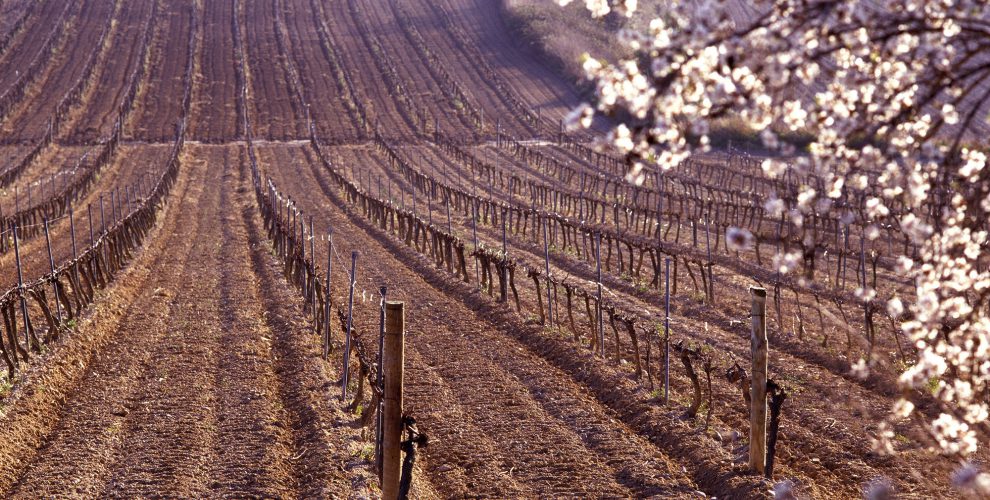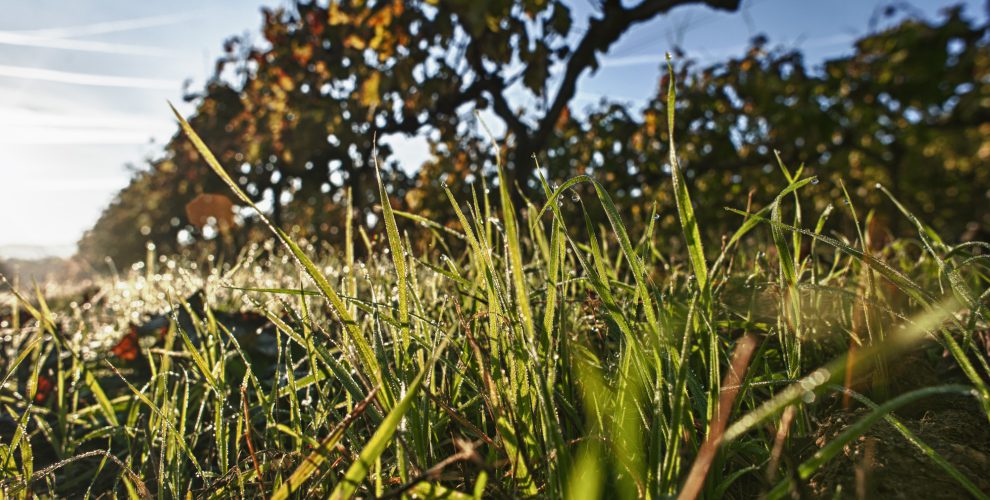
Each plot of land is unique. The uniqueness of each soil type must be treated individually. For this reason, we plant different grape varieties on different types of soil. Each plot and, therefore, its soil can give specific properties and characteristics to the grape. In general, our estate is made up of clay, chalk, gravel and sandy soils.
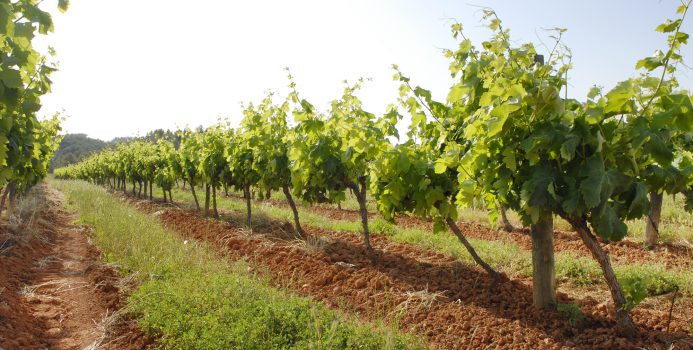
The sandy soils can be found at the lower parts of our estate, where the ground is cool and very productive. This type of soil is particularly suited to the varieties of grapes used in making cava such as Macabeo, Xarel·lo, Chardonnay and Pinot Noir. By planting the those varieties on sandy soil, we can make wine that does not have excessively high alcohol content, but that has high acidity and low pH. The base wine that we obtain from grapes produced on this soil for making soarkling wine is ideal for lengthy ageing.
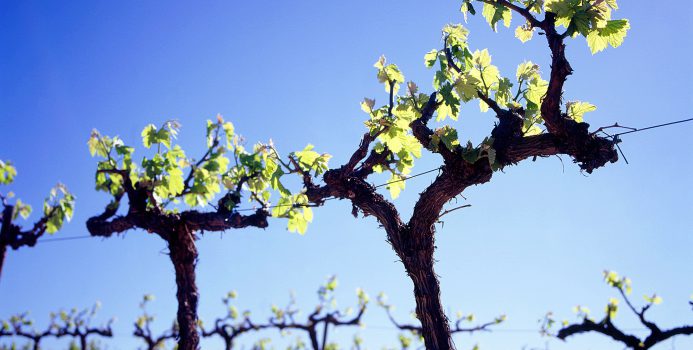
These soils can be found on the higher parts of the estate where the land is more exposed to the wind, where it is better ventilated and, therefore, where it is not so moist. Here we have found lots of marine fossils because this area was under water millions of years ago. Here the grape yield is lower than on vines planted on other types of soil.
These conditions are ideal for creating highly expressive wines with strong mineral and saline notes. Xarel·lo works very well on this type of soil and our aged white wine ‘Avi Ton’ is a perfect example of that. The Macabeu which we use for our 'Cepell blanc' has also adapted perfectly here. In addition, red grape varieties for making young red wines such as Ull de llebre or Cabernet Sauvignon are also very well suited to this terrain. This is an excellent soil type for many different types of wine.
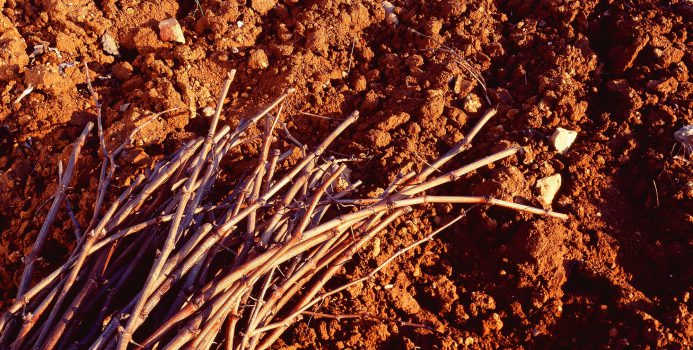
Most of the estate is made up of clay soil, as there is clay underneath nearly all chalk soils. Unlike other types of soil, you have to plough it much more to break the hard cracks that form when it dries out and to allow it to breathe and aerate. Clay slows down the ripening of grapes and, therefore, does not give high yields. However, it allows you to control the yield of your grapes and for that reason they are particularly suited to creating lengthily-aged wines. We plant the red grape varieties - Cabernet Sauvignon, Merlot, Petit Verdot and Marselan - for our top aged wines on those parts of the estate where we have the most clay.





